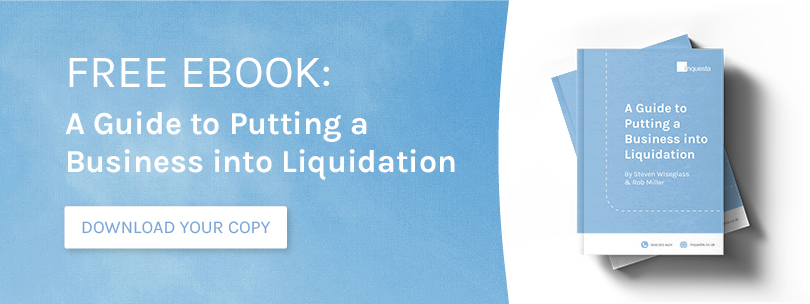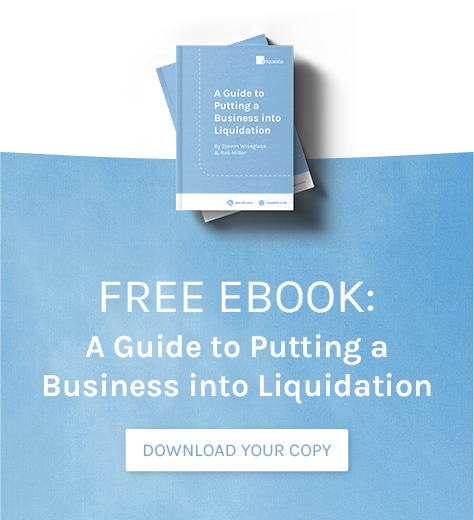According to research by the BBC, the rate of firms going bust slowed during lockdown as the government’s £160bn support package managed to keep businesses afloat.
However, with many government schemes now coming to an end, experts are warning that zombie companies are on the brink heading into the autumn.
Steven Mason, licenced insolvency practitioner at Inquesta, explains that: “Zombie companies are basically businesses that exist on a day-to-day basis, but have no way of paying off their debts or finding a legitimate strategy to adapt and survive.”
With the coronavirus pandemic being the likely final nail in the coffin, the Institute for Fiscal Studies (IFS) suggested that the government’s business rescue package has merely delayed the inevitable, with insolvency notices expected to spike over the next few months.
This was supported by Stuart Adam from the IFS, who said: “Many firms have been tided over during the period of hibernation partly through loans and tax deferrals, but that has led to them piling up debts that will make it harder for them to carry on in the longer term.”
In light of this, the government said it would “adjust support” as the economy begins to reopen, but it is clear that drastic action will need to be taken to help these firms cope with the impact of COVID-19.
So what do the experts think?
Following independent research, insolvency practitioners and forensic accountantsInquesta says: “Unfortunately, many business owners whom we speak to appear to be hanging on by their fingernails, treading water whilst waiting for the inevitable.
“As reserves run low, those in hard-hit industries such as events or hospitality fully expect to feel the pinch, especially once government measures are withdrawn in the autumn.
“There will always be exceptions, with heart-warming stories of companies adapting well to the pandemic, but the sad reality is that many business owners are powerless to see their life’s work unfold before their own eyes.”
What is the best course of action?
If you are worried, consult an insolvency practitioner (IP) for an initial no-obligation assessment of your situation.
An IP should be able to advise on the best options and help business owners minimise damage. Moreover, with expert help, it is possible to put steps in place for a recovery in the future.



